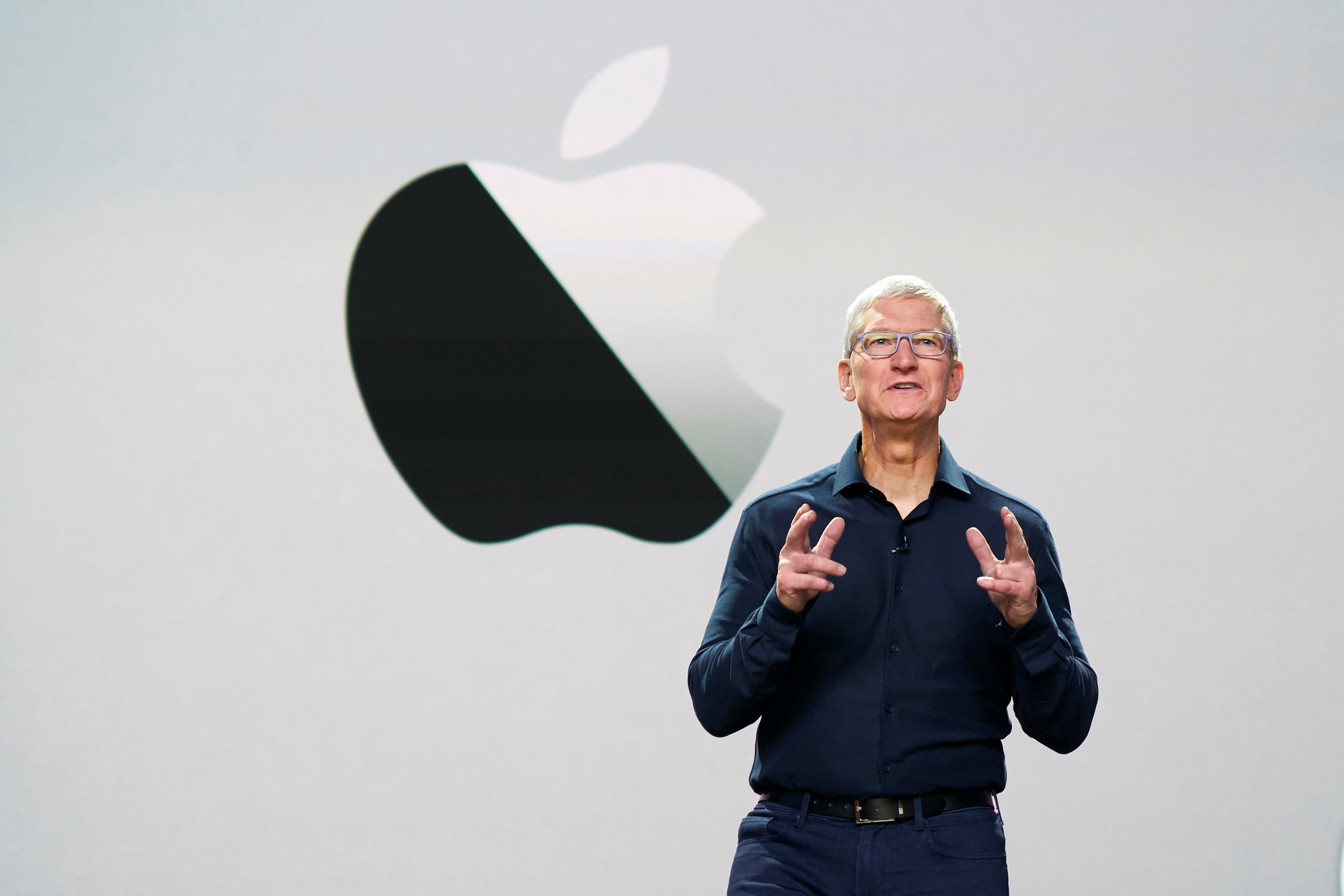Intel's latest delay shows exactly why Apple was right to ditch the company and make its own chips

Intel said in its earnings report this week that it's delaying its new 7-nanometer processors by approximately six months because internal testing has revealed the yield — the number of processors that are acceptable from manufacturing — has fallen a year behind the company's internal projections.
Intel's 7-nanometer chips now aren't expected until 2022 or early 2023, CEO Bob Swan said on an earnings call with analysts Thursday. Meanwhile, top rival AMD is already selling 7-nanometer chips for PCs and gaming units. And Intel's stock was punished by the news, falling as much as 17.1% in early morning trading Friday.
Intel's new chip delay shows exactly why Apple is switching from Intel to its own chips for its Macs.
It's a move that was announced during Apple's developer conference last month. Once Apple makes the transition, which it says will take about two years, it will no longer need to rely on Intel's product cycle — and delays — before it can deliver new Macs to the market.
Apple's first Macs powered by its own chips based on designs from Arm Holdings will ship later this year, CEO Tim Cook said during WWDC. Apple already makes its own chips based on Arm for iPhones and iPads, and they're now powerful enough to power desktop and laptop computers.
The switch away from Intel means Apple now controls its own destiny for its laptops and desktops the same way it does for the iPhone and iPad. It doesn't have to wait until 2022 or 2023 to launch powerful new computers that it could otherwise try to get to market on its own.
Delays aren't a new problem for Intel. The same thing happened in 2018, when Intel delayed its 10-nanometer chips to 2019, which means computer makers like Apple and Intel's other partners had to wait for Intel's new chips to launch before they could get new products to the market.
And Apple won't have to worry as much about supply problems Intel may face when those new processors do finally launch.
In November, for example, Dell and HP said Wall Street could expect lower revenue because of an Intel chip shortage that affected how many computers HP and Dell could get to market. Moor Insights & Strategy analyst Patrick Moorhead told CNBC at the time that this was one of the areas Swan wanted to fix when he succeeded former Intel CEO Brian Krzanich in January 2019.
Swan took responsibility on Friday for the delay.
"Ultimately I'm responsible," he told CNBC's "Squawk Alley." "So it's my job to ensure that every year we can deliver a cadence of leadership products for our customers they can count on."
Swan said this includes not just PC products, but also chips for servers, 5G devices, connected appliances and more. But, he said that Apple will "continue to be an important customer of ours for at least the next two years."
"They're very important. We're going to continue to build great products for Apple and all of our customers," Swan added. "We'll continue to plow forward with great products for our other customers."
Apple and its developer partners still need to prove that apps will run as well on an Apple-powered Mac as they do on an Intel Mac. But Apple has already shown it's capable of building very fast and power efficient processors for its iPads and iPhones. And it's trying to make the switch to its own chips easy for developers by announcing the transition early to give them time to write programs that will be compatible with the new Macs. In fact, developers can rent a Mac mini with an Apple chip now to test their apps on the new system.
Apple didn't always rely on Intel. In 2005, it announced it was moving Macs away from its PowerPC chips to Intel processors by 2007. But, Apple's CEO at the time, Steve Jobs, suggested that move wouldn't be permanent.
"We think Intel's technology will help us create the personal computers for the next 10 years," Jobs said at the time.
Correction: Bob Swan became CEO of Intel in January 2019. An earlier version misstated the year.
Subscribe to CNBC on YouTube.
Source
Check Our More
No comments